A Chisel Cabinet
Organized tool storage can improve your work habits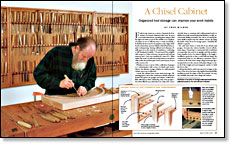
Synopsis: Trying to find the right tool when you’re in the middle of a complicated project is not an efficient way to work. This author built a wall-mounted cabinet to house his chisels and details the construction elements in this article. It’s a shallow box with horizontal rails secured with sliding dovetails. The rails have holes to hold the chisels and gouges. Two doors echo the cabinet carcase and double the cabinet’s storage capacity.
Early in my career as a carver, I learned the frustration of a bench cluttered with tools. As most woodworkers know, spending time trying to find the right tool when you’re in the middle of a complicated project is not an efficient way to work. Invariably, I found that the less-used tools migrate to the edges of the bench, where they are more likely to fall off and then require resharpening. Having suffered such disarray, I finally gave in to the wisdom of orderliness, confessing, as did Benjamin Franklin, “I found myself incorrigible with respect to Order; and now I am grown old, and my memory bad, I feel very sensibly the want of it.” What makes this sense of order more imperative as one grows older is that the problem gets worse year by year, as you collect more tools.
Whether you are a carver with a collection of gouges or a cabinetmaker with scores of chisels and screwdrivers, the ultimate storage solution is a wall-mounted cabinet near your workbench.
I made this cabinet from scraps many years ago. The drawing below shows the construction details, which afforded 183 spaces for gouges and chisels. It did look a little ridiculous at first—sheltering only a few gouges— but I have filled it up so that there are only a few vacancies left. Easy to construct, this wall-mounted unit is a shallow box with several horizontal dividers, or rails, secured with sliding dovetails. Two doors of exactly the same shallow depth echo the cabinet carcase. By using the inside of the doors for storage space, I doubled the cabinet’s capacity.
The rails have holes to hold all of my chisels and gouges. Because the various handles weren’t all the same shape, I found that a countersunk hole would best accommodate the tools in an upright and tidy position. Some handles had to be shaved slightly to fit snugly. I modified a spade bit so that I could drill and shape the countersunk holes in one drill-press operation. Then I cut slots in all of the holes using a finger-joint-type jig. I mounted doors to the carcase with piano hinges to carry all of the weight and used magnetic catches to hold the doors shut.
I always intended to add some pierced carvings on the front of the doors but have only applied bead-and-billet molding around the edges of the door panels. I’m sure Ben Franklin died with a few things left undone.
From Fine Woodworking #149
For the full article, download the PDF below:
Fine Woodworking Recommended Products
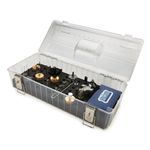
WoodRiver Router Bit Storage Case
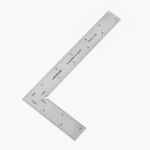
Veritas Precision Square










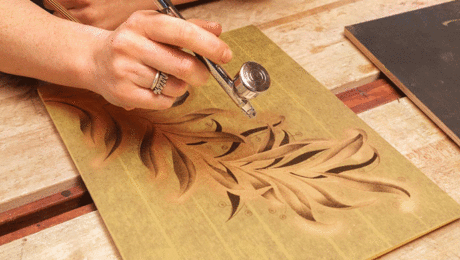
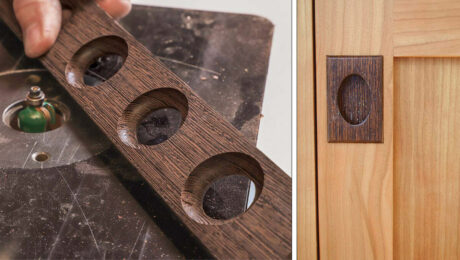
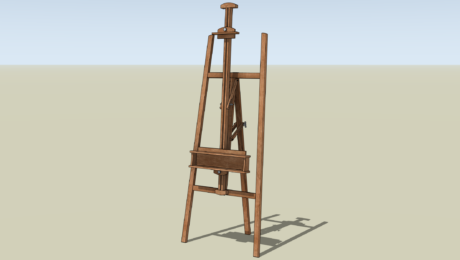









Log in or create an account to post a comment.
Sign up Log in